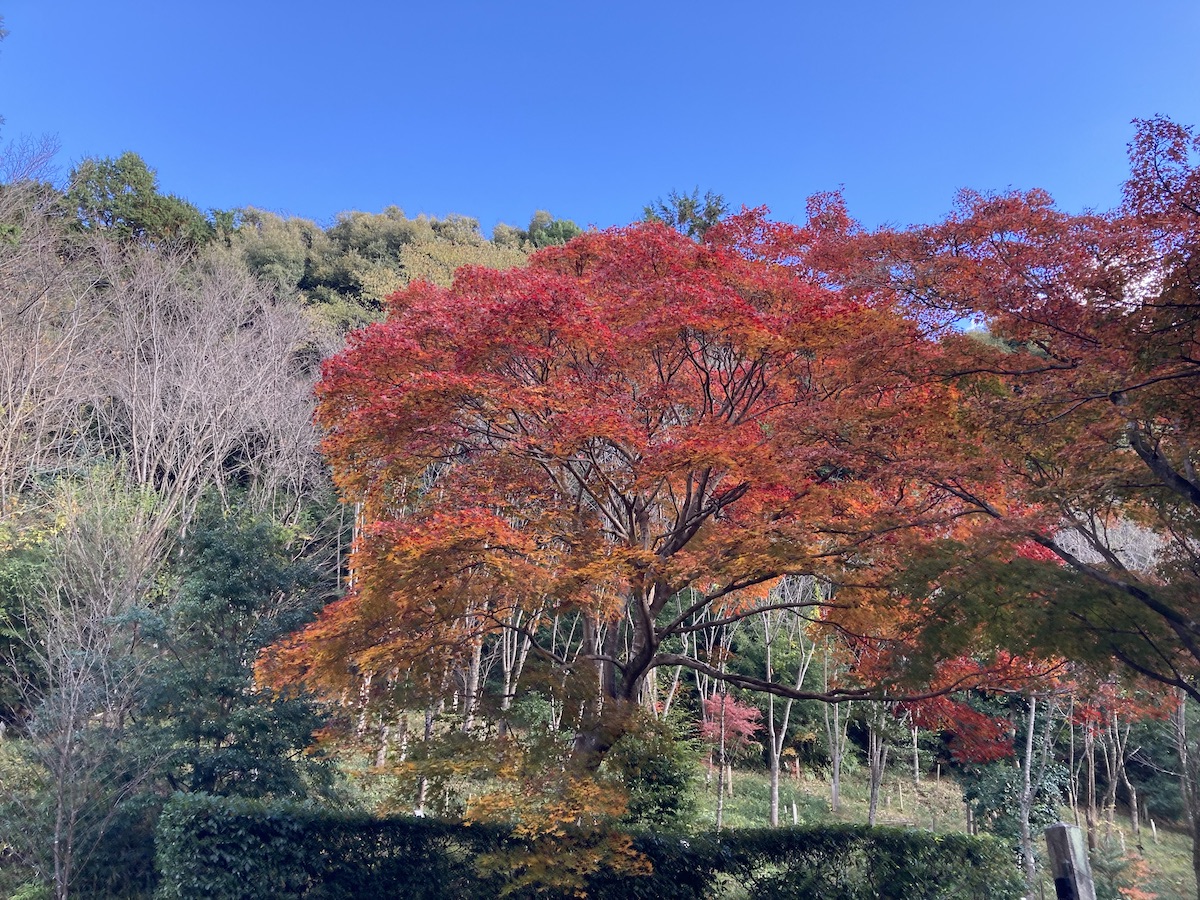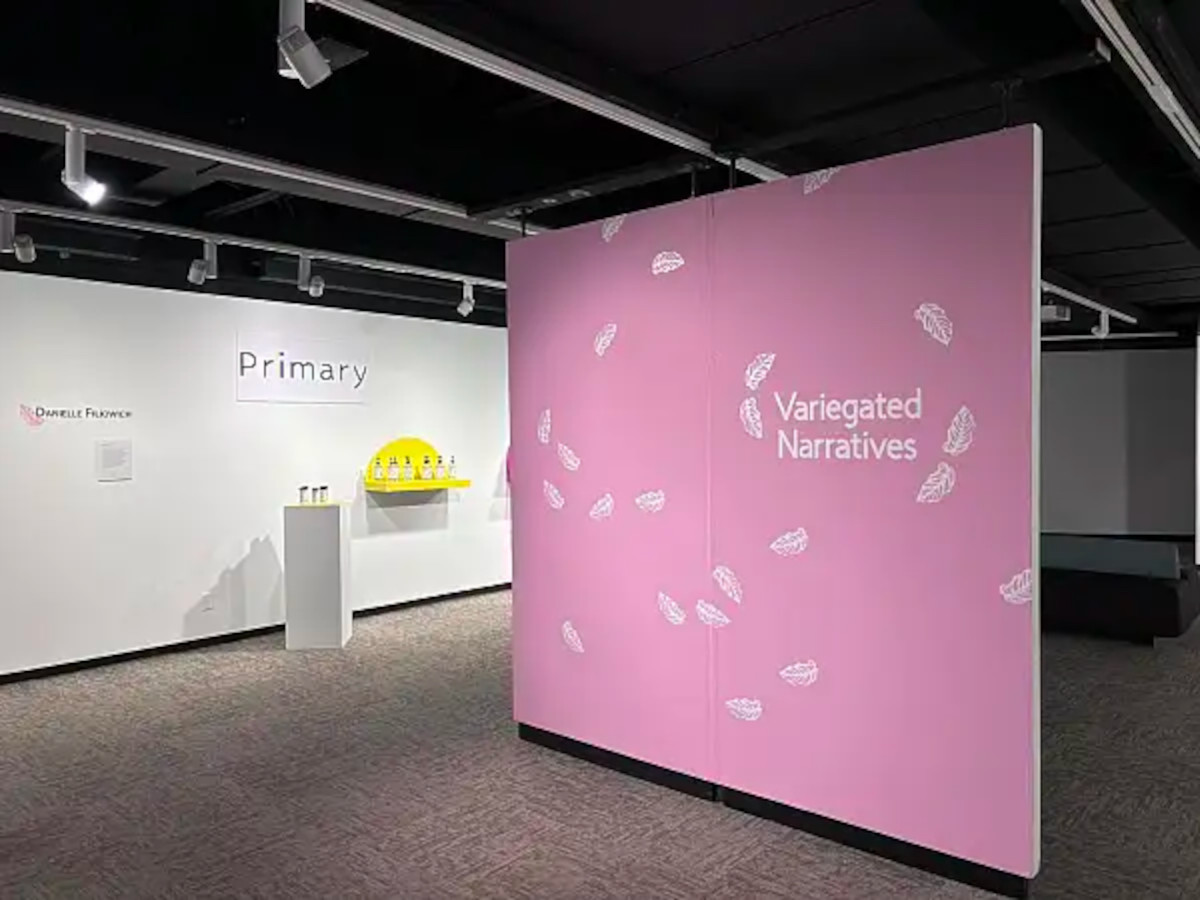Have no room to grow a garden? Or perhaps you are a renter without the ability to plant roots on your current property? Have no worries. From constructing raised flowerbeds to renting community gardening plots, there are alternatives to the traditional backyard garden that even students can put into practice.
When space is an issue, hanging, upside-down gardens are a new and convenient way to produce plants that anyone has room for.
Eau Claire resident Barbara Bomber used the upside-down gardening method for the first time this year and was very satisfied with it. Bomber’s yard is very shaded, so she wanted athat would allow her to move her tomato plants to follow the sun. She was inspired to use the method after visiting a friend in Minneapolis who had an upside-down planter hanging in a small patio area. Although this wasn’t the best growing season, Bomber only had positive remarks to say about the upside-down garden.
“Overall I’d say it would be successful for people,” she said.
If upside-down gardens are too extreme, planting in a container is another great alternative when space is an issue. Like the hanging planters, gardens enclosed in raised beds or containers are ideal for urban gardeners or renters with no yard of their own.
Wisconsin Master Gardener Volunteer Carla Pelzl said there is a variety of reasons to plant using containers or raised beds. Pelzl, who also manages the Business Internship Program in Career Services, explained that raised beds are popular for gardeners who would prefer to garden with minimal strain. Beds can be easily built to a variety of heights for increased convenience.
“Many of those beds are designed so that they are wheelchair accessible as well, so it doesn’t really limit anyone from gardening,” Pelzl said.
A container garden is possible as long as you have a balcony or porch that receives adequate sunlight, Pelzl said. Just be sure to water the contained vegetation at a higher rate than traditional in-ground gardens. Many common vegetables, including cabbages, tomatoes, onions, and garlic, are suited well for this type of gardening.
“You can grow anything from flowers to even some vegetables that are more compact and designed especially for growing in pots,” she said.
When choosing the right container for your plants, keep in mind your space limitations and aim for taller planters for increased accessibility and minimal bending over. Be sure that any container you select drains well. If space is not an option, or if you would prefer a more customized planter, consider making your own raised beds.
“They’re not that difficult to build,” Pelzl said. “… You can find plans for raised beds on the Internet and many gardening books include them. Just go down to the lumber center and get the type of lumber and pieces that are described. You can build your own if you have some tools and some skill.”
To view different options for planting in raised beds and even barrels, Pelzl encourages prospective gardeners to visit the demonstration gardens at the Eau Claire County Exposition Center on 5530 Fairview Drive, just off Lorch Avenue. The gardens are open to the public and are maintained by the Eau Claire Area Master Gardeners.
For the more ambitious gardener, Eau Claire offers community gardens available to rent: the Forest Street Community Garden, at 1040 Forest St., and the Jeffers Road Rental Plots, located just off the North Crossing on Jeffers Road.
At the Forest Street Community Garden, rent single plots for $30.00 or double plots for $50.00. People pay the annual fee at the time they turn in their application. The plots are twenty-square-feet and there are quite a few available. Once someone buys a plot, they can continue to rent the same spot once the previous year is paid in full.
The Jeffers Road Rental Plots have slightly different guidelines. The price per plot is $30.00, but they are 20 x 40 feet in size. Also, once a plot is purchased, that individual is not guaranteed the same spot the following year, so be sure to renew early.
Applications for the community gardens are available online at http://www.ci.eau-claire.wi.us/um-parks/116-park-info/1713-eau-claire-community-gardens.
Finally, let’s not forget about the garden right here on campus in the Phillips Science Hall courtyard. The Foodlums, a campus student organization, established the garden in May 2007.
The group focuses on promoting local food, explained senior Isaac Borofka-Webb, who has been a member of the Foodlums since its second semester. Members of the organization are able to share both the gardening responsibilities as well as the vegetables obtained from it.
“Anyone who is part of the Foodlums can partake in (the gardening),” said Borofka-Webb. “It’s actually a huge help if people want to, because sometimes it’s a little understaffed.”
Joining the club is a great way to fulfill one’s love of gardening without having to worry about renting space. Borofka-Webb explained that members also have the opportunity to give back to the community by donating the harvested fruits and vegetables to food banks or helping to educate others about eating local.
Interested students should consider attending the first Foodlums meeting of the semester at 3:30 p.m. Sept. 10 in Philips 119.
From residence hall dwellers to urban renters, anyone should be able to find a garden setup that fits their lifestyle and living situation.






